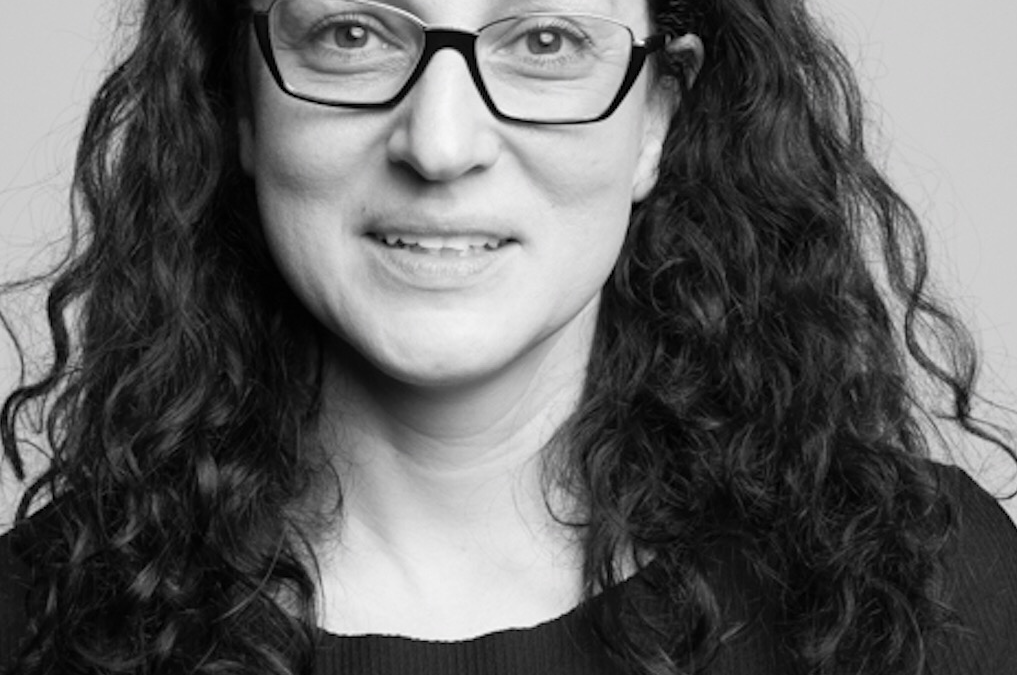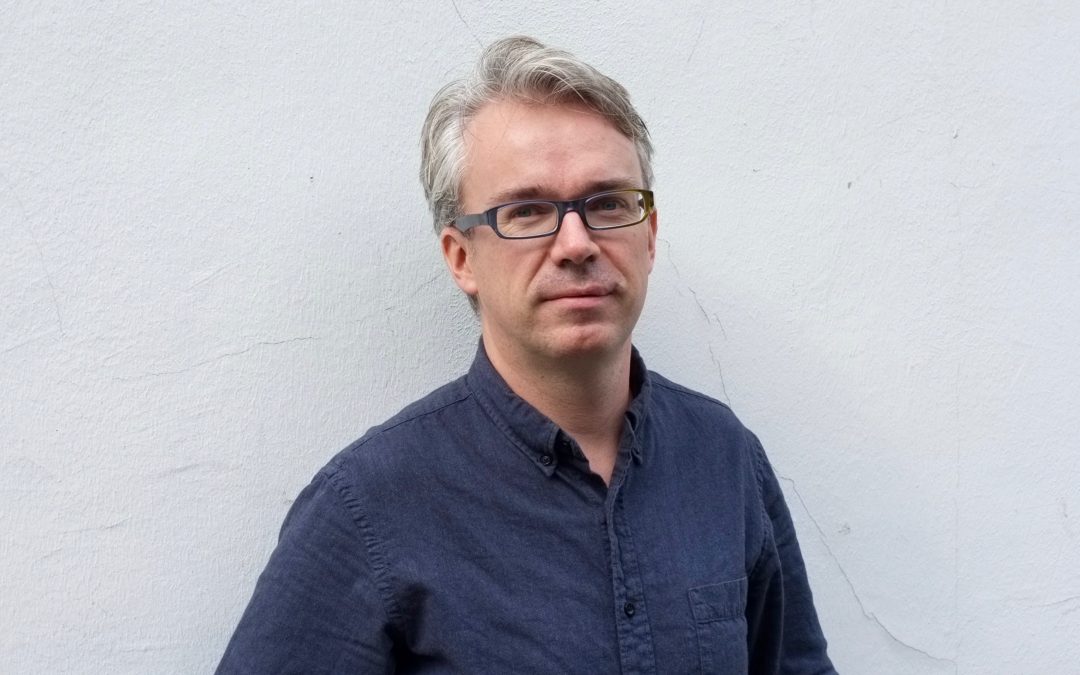Nikos Paragios
December 04, 2024
Vulpian Amphitheater, 12 rue de l’École de Médecine (75006 Paris)

Nikos Paragios (52) is distinguished professor of Mathematics (on partial leave) at Ecole CentraleSupelec, the school of engineering of
the University of Paris-Saclay and Chief Executive Officer of TheraPanacea. Prior to that he was senior fellow (2015-2020) at the Institut Universitaire de France, director (2011-2017) of the Center for Visual Computing at CentraleSupelec, scientific leader (2007-2017) at
Inria (Galen Research Team), professor (2004-2005, 2011-2013) at the Ecole de Ponts ParisTech, and affiliated with Siemens Corporate Research (Princeton, NJ, 1999-2004) as a project manager, senior research scientist and research scientist. N. Paragios was an adjunct professor at Rutgers (2002) and at New York University (2004) and a visiting professor at Yale (2007) and at University of Houston (2009).
Professor Paragios is a fellow of IEEE (class of 2011), has co-edited four books, published more than 350 papers in the most prestigious
journals and conferences (DBLP server), and holds 35 international patents. His work has approximately 32,500 citations according to Google
Scholar and his H-number (06/2024) is 78. Professor Paragios has supervised more than 50 PhD students, was the Editor in Chief of the
Computer Vision and Image Understanding Journal (CVIU) between 2012 & 2022 and has served in editorial board of numerous and prestigious
international journals (IEEE T-PAMI, IJCV, IVC, MVA, JMIV, Medical Image Analysis, SIIMS…).
Pr. Paragios received an IBM faculty award in 2014, a European Research Council excellence award in 2011 & 2016, while in 2008 was the laureate of the Greece’s (nationality or descent) highest honor (world-wide) for young academics and scientists, the Bodossaki Prize. In 2006, he was named one of the top 35 innovators world-wide innovators under the age of 35 from the MIT’s Technology Review. Professor Paragios is member of the scientific council of Safran conglomerate since 2012.
Abstract
In recent years, Generative AI has emerged as a transformative force in healthcare. This talk will delve into the significant impact of this technology on clinical practice. We will explore how AI models
enhance image reconstruction, improve diagnostic accuracy, standardize and optimize treatment workflows, and enable precise disease phenotyping. We will discuss concrete examples on how AI-driven tools facilitate faster and more accurate detection and quantification of diseases like cancer or how in radiotherapy, they optimize treatment planning and delivery, personalize therapies, and reduce radiation
exposure. Beyond these areas, generative AI is expanding the frontiers of healthcare, enabling predictive modeling of patient outcomes and enhancing procedural precision.
Other Distinguished Lectures

Alon Halevy – Well-being, AI, and You: Developing AI-based Technology for Well-being
Alon HalevyDecember 04, 2024Vulpian Amphitheater, 12 rue de l’École de Médecine (75006 Paris) Alon Halevy is a Distinguished Engineer in Google Cloud. From 2019 until November 2023, he was a director at Meta’s Reality Labs Research, where he worked on Personal Digital...

Kimon Drakopoulos – Deploying a Data-Driven COVID-19 Screening Policy
Kimon Drakopoulos May 5, 2021, at 4 PM Online (Zoom) Abstract In collaboration with the Greek government, we designed and deployed a nation-wide COVID-19 screening protocol for travelers to Greece. The goals of the protocol were to combine limited...

Julia Stoyanovich – Building Data Equity Systems
Christopher Messenger April 6, 2022, at 4 PM Online (Zoom) Abstract Equity as a social concept — treating people differently depending on their endowments and needs to provide equality of outcome rather than equality of treatment — lends a unifying...

Laurent Daudet – Promises and challenges of massive-scale AI – the case of large language models
Laurent Daudet November 3, 4pm Room Turing Conseil, 45 rue des Saints Pères 75006 Paris & Online (Zoom) Abstract OpenAi’s GPT-3 language model has triggered a new generation of Machine Learning models. Leveraging Transformers architectures at...
